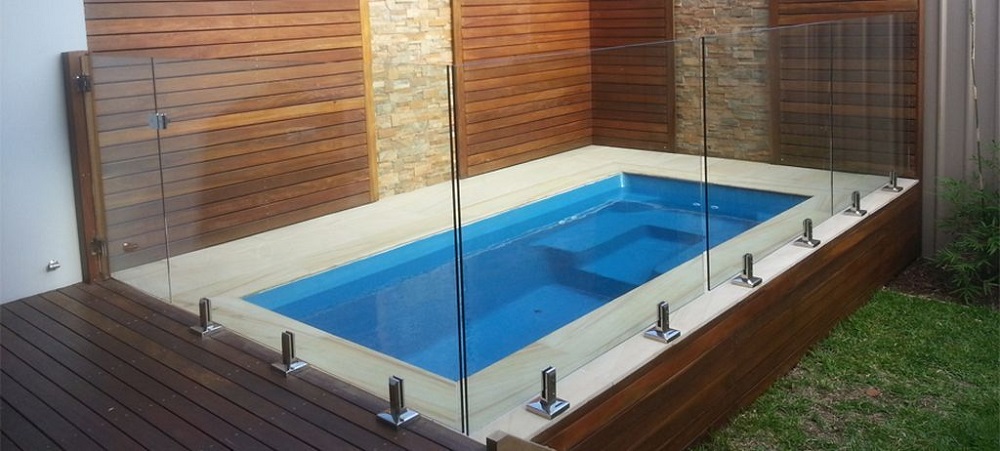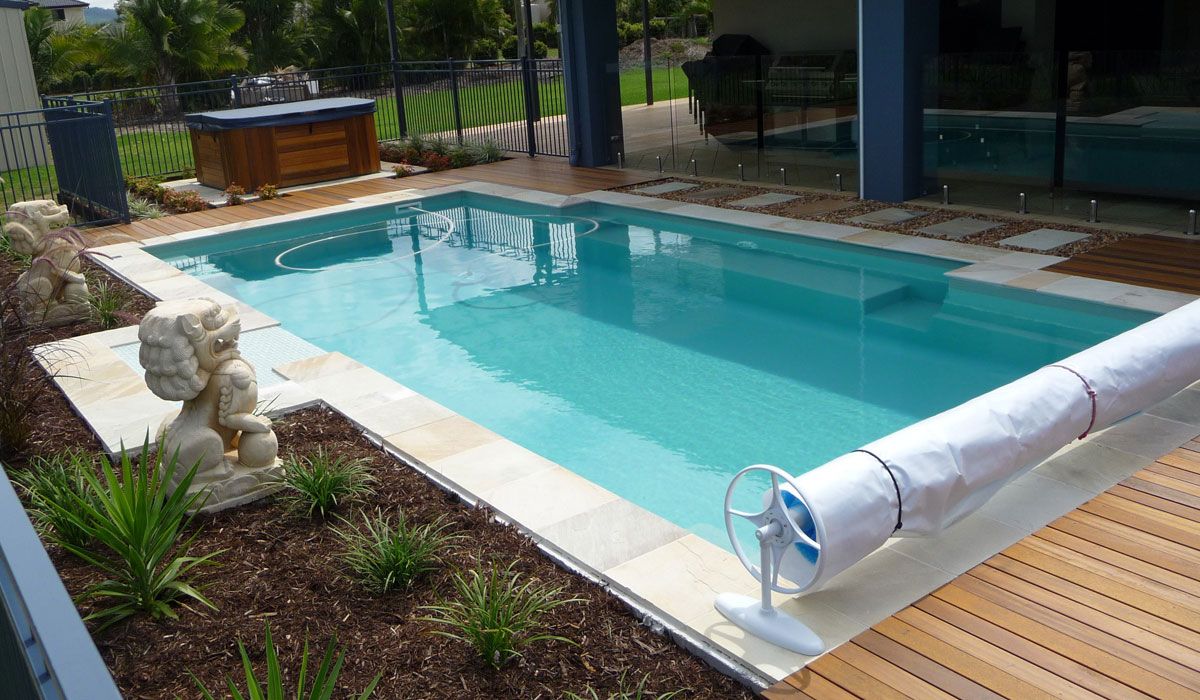The weather is a big part of your pool experience. Weather affects how often you use it and how well it works, but also how well you can enjoy it. There are different types of weather that affect every pool owner’s experience differently—from hot and dry to rainy and humid; each one will impact your swimming pool in its own way. Here’s what happens when the different kinds of weather affect your pool as per Pool Builders Mornington Peninsula:
Hot and Dry Weather
If you’re living in an area with hot and dry weather, you might have to keep a closer eye on the water levels of your pool. The heat can cause your pool to lose water due to evaporation—the process by which liquids change into gases. If the temperature gets too high, it could even damage the liner or make it more difficult for chemicals to work effectively in keeping bacteria at bay.
Summer Season
The summer season is the busiest time of year for Melbourne Above Ground Pools, especially public pools. Pools are typically open all summer long and are filled with people enjoying the water. In this season, you will see high temperatures and high humidity. This can cause a variety of issues for your pool, including algal growth, chemical contamination, cloudiness, and cool water temperatures.

Persistent algae growth is one of the biggest problems that occur during this time period because it can cause discolouration in your pool water as well as produce an unpleasant odour that will drive away most customers from using your facility for some time after an outbreak occurs. If left untreated for too long, then algae may even start to grow on surfaces like steps or ladders, which could lead to slips/trips if someone is walking across them while wet from swimming activities such as diving or cannonballing into deeper parts of their own equipment such as basketball hoops (which tend not have any kind of safety netting).
Rainy & Humid Weather
When it’s rainy and humid outside, the water in your pool will evaporate more quickly. To keep the pH of your pool steady, you’ll need to clean it more often.
It’s also important to cover your pool during these types of weather conditions because rain can cause bacteria growth and algae buildup. And remember—if you live in an area with frequent thunderstorms or hurricanes, you might have to drain your pool entirely!
Additionally, you should treat a poor-quality chemical solution every few days during these times to keep algae from forming on the walls and bottom of your swimming area. Make sure all chemicals are at their proper levels before using them: if they’re not right for the season, then they won’t work as effectively against harmful microorganisms like mould spores or bacteria like E. coli (which causes gastrointestinal illnesses).
Finally, make sure there is no debris floating around inside by using either a vacuum cleaner attachment or brush attachment on the top surface skimmer line when needed so that nothing gets stuck inside pipes causing blockages which could lead to leaks later down the road – this can be avoided easily with just some basic maintenance tasks done regularly throughout winter months especially since most people don’t want such unpleasant surprises popping up unexpectedly one day when trying out new equipment again after months without any activity whatsoever!
Storms & High Winds
As per Pool Builders Mornington Peninsula, high winds can cause damage to your pool cover, which will lead to the water inside your pool being in constant contact with air. This makes it more likely for bacteria and algae to grow in your water, which could be harmful to humans. High winds also make it more likely that your pool cover will rip or blow away. In addition, high winds can put extra stress on your pool’s walls as they try to withstand strong gusts of air coming at them from all angles!
If you are experiencing high winds where you live, then we recommend checking out our blog post on how different types of weather affect pools so that you can better understand what happens when conditions get rough outside.”
Conclusion
We hope this article has helped you understand how different types of weather affects your pool. If you have any questions, we would love to hear from you. Feel free to leave a comment below!



